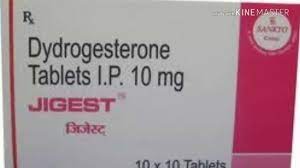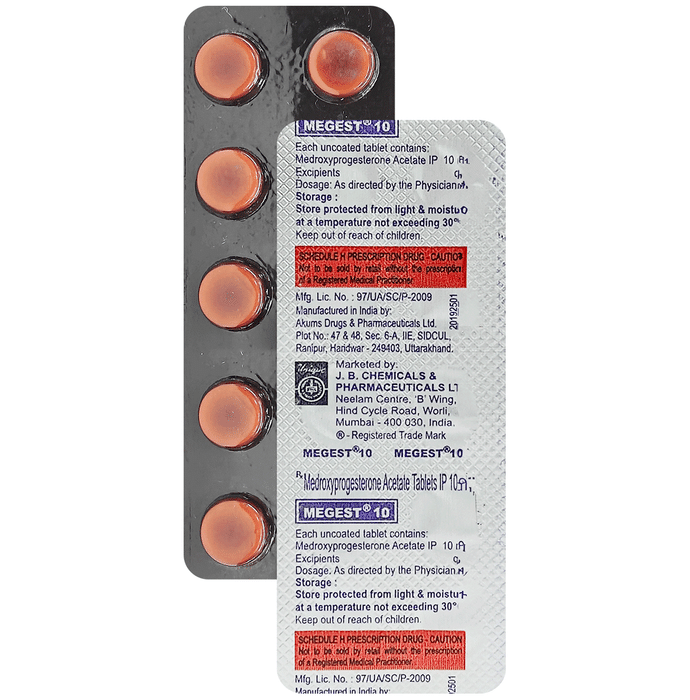tacrosan
Introduction to Tacrosan
Tacrosan is a medication primarily used to prevent organ rejection in patients who have undergone a transplant, such as a kidney transplant. It works by suppressing the immune system to prevent it from attacking the transplanted organ.
Composition of Tacrosan
The active ingredient in Tacrosan is Tacrolimus. Tacrolimus binds to a protein in your body called FKBP12, forming a complex that inhibits an enzyme known as calcineurin. This action is crucial for reducing the activity of T-cells, which are part of the immune system.
Uses of Tacrosan
- Prevention of organ rejection after a transplant
- Suppression of the immune system to protect transplanted organs
Side Effects of Tacrosan
Common Side Effects:
- Diarrhea
- Nausea
- Tremors
- Headaches
- Dizziness
- Changes in appetite or mood
Serious Side Effects:
- High blood pressure
- High blood sugar
- Kidney issues
- Blood clots
- Increased risk of cancer and infections
Precautions of Tacrosan
Before taking Tacrosan, inform your doctor if you have any allergies or have had a liver transplant. Avoid grapefruit and alcohol while on this medication, as they can interact with Tacrosan. Regular monitoring of blood pressure, blood sugar, and kidney function is essential while taking this medication.
How to Take Tacrosan
- Take Tacrosan as an extended-release capsule every morning at the same time.
- Ideally, take it on an empty stomach for better absorption.
- The exact dosage depends on your weight and medical condition, as determined by your doctor.
Conclusion of Tacrosan
Tacrosan is a vital medication for patients who have undergone organ transplants, helping to prevent organ rejection by suppressing the immune system. While it is effective, it is important to be aware of its side effects and take necessary precautions. Always follow your doctor's instructions and attend regular check-ups to ensure the medication is working effectively and safely.

Similar Medicines
More medicines by Sanzyme Ltd
Available in 3 variations

Tacrosan 2mg Capsule
strip of 10 capsules

Tacrosan 0.5mg Capsule
strip of 10 capsules

Tacrosan 1mg Capsule
strip of 10 capsules













.svg)
